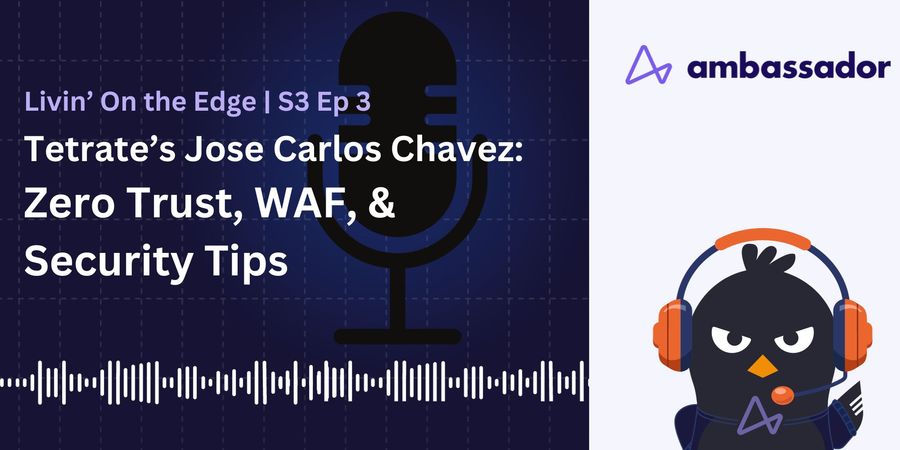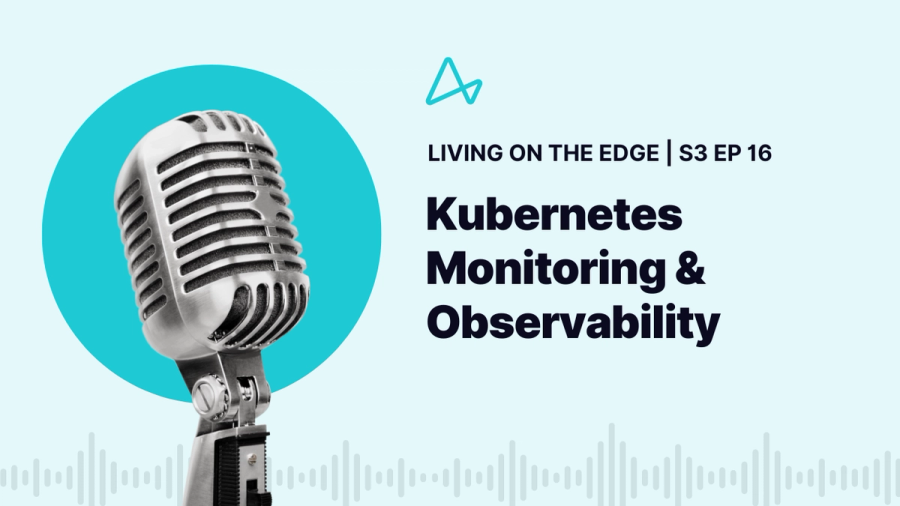
PODCAST
Welcome to "Livin’ On the Edge" Podcast: Istio and Coraza Uncovered
In this episode of "Livin’ On the Edge," we dive deep into the world of Istio and Coraza, exploring their roles in enhancing security and performance in cloud-native environments. Join us as we discuss with Jose Carlos, a key figure in the development of these technologies, the intricate details of how they are shaping the future of application development.
Key Highlights of This Episode:

PODCAST
Welcome to the "Livin' On the Edge" Podcast Episode: Platform Engineering Insights with Expert Michael Levan
In our latest podcast episode, we delve into the often-misunderstood world of platform engineering, a topic that has been buzzing at events like KubeCon 2023. Join us as we sit down with Michael Levan, a renowned industry expert, to dissect what platform engineering really means for developers and organizations today.

PODCAST
Key takeaways from the podcast included:
There is no single “best” software architecture. Engineers must work hard to understand the required business outcomes, the problem space, the current constraints, and future goals of an organisation, and design accordingly.

PODCAST
A number of key themes emerged:
An organization and its leadership needs to get behind the end-to-end "developer as service owner" mindset to make it work.

PODCAST
Here are some of the key takeaways from their conversation:
Define responsibility
The move to "shift left" has received a lot of attention, but it's not only the developer who is affected. While the developer, and the software, will benefit from the developer getting all the information needed as early as possible, dependencies unfold further downstream. While developer ownership or understanding is important, it is just as important to define who is responsible for different steps, e.g., "If you're the developer, you will have some responsibility for the "ingredients" you add to the mix. You will be asked to understand and answer for some of the choices you make. And beyond the developer, everyone needs to be aware of their responsibility in that pipeline."
Centralize infrastructure
Kubernetes, at the end of the day, is a last-mile technology that requires instruction to do what the developer intends for it to do. As the developer takes on more responsibility, or at least needs to understand the consequences of what they code. Centralizing the experience around a platform or control plane enables understanding of what's required to deploy and run code without the complexity of having to manage it completely. It's about creating a platform that, with some configuration, the developer can trust to run their code as instructed. "The control plane concept or experience is the evolution of this, where things take off for all sorts of infrastructure platforms. You now have a central place to hold state, converge it and keep it true over time. Kubernetes just happens to be what we consider a universal control."

PODCAST
The discussion surfaced several key themes:
Always be educating: Underpinning all of these shifts is the need for developer ups-killing. Organizations at the leading edge of cloud-native innovation need to be prepared to support hands-on developer education at all levels via documentation, self-service recordings, and in-person/virtual training.










